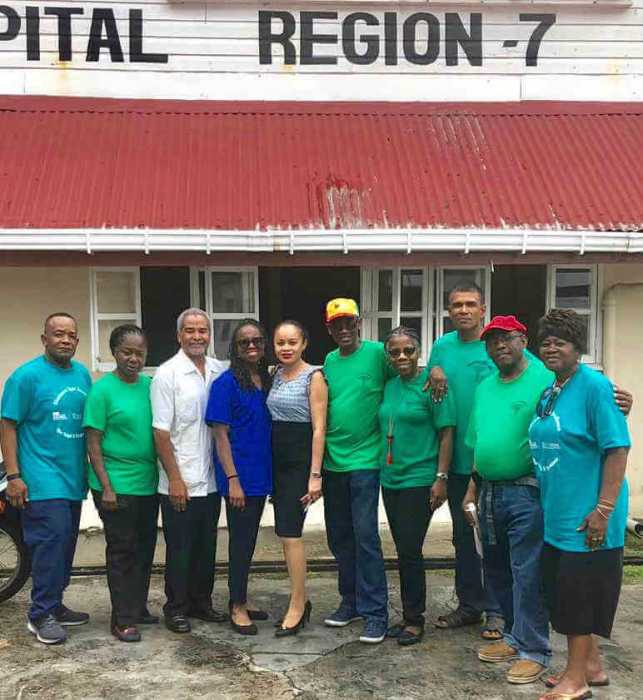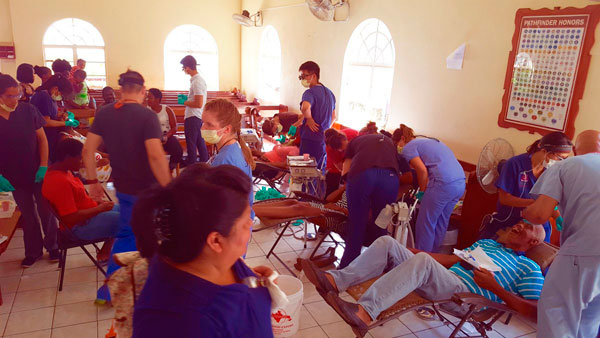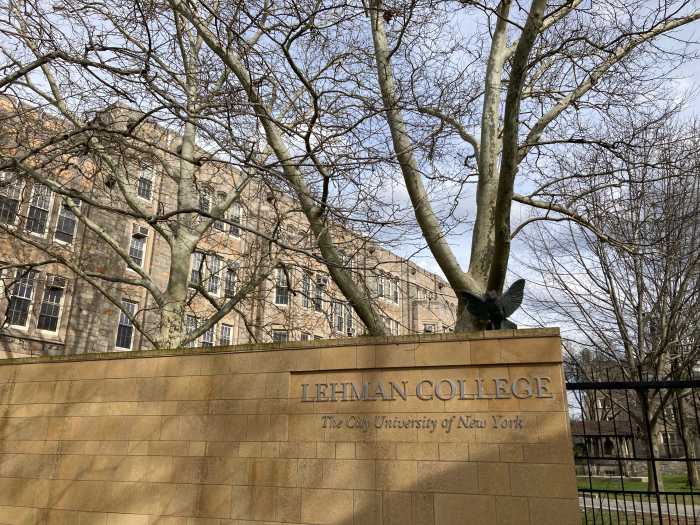Twenty persons graduated after completing a Diabetes Self-Management class at Sundance Social Adult Day Center organized by the non-profit APC Community Services — a Brooklyn-based nonprofit recently.
Janice Emanuel McLean, Ph.D. ND, president/CEO of the non-profit said that the group is currently conducting the one-year National Diabetes Program at the same facility. “We have over 20 participants enrolled, and they attend faithfully each week. Thanks to the Staff Ms. Paula Harris, Brenda Holder and others, our current program is going well. The participants are very enthusiastic and committed,” said McLean. These classes are facilitated by Dr. Emanuel McLean and co-facilitated by Stephen Isaac.
APC Community continued offering virtual diabetes prevention classes during the pandemic and resumed in-person classes in 2023. Classes have been held at community venues including Mount Zion Seventh Day church, Christian Fellow SDA church, End Time Ministries, River of Life SDA church and Sundance Social Adult Day Center. Hundreds of individuals have benefited from the in-person and on-line sessions. The Diabetes Self-Management (DSMP) Program is a six-week evidenced based program designed to help individuals manage diabetes. The National Diabetes Prevention Program is a year-long evidenced based program following a curriculum designed by the CDC to help individuals to prevent or delay type 2 Diabetes said Dr. McLean.
“In our classes we are seeing an influx of participants of Caribbean descent. When asked, “What do you think has contributed to your diabetes or pre-diabetes? Most participants responded, family history and stress.”
She explained that according to the American Diabetes Association, diabetes is an epidemic in the United States. The Centers for Disease Control and Prevention (CDC), estimates over 37 million Americans have diabetes and face its devastating consequences. “What’s true nationwide is also true in New York. New York’s diabetes epidemic. Approximately 1,581,238 people in New York, or 10.1 percent of the adult population, have diagnosed diabetes,” she said adding, that an additional 456,000 people in New York have diabetes but do not know it, greatly increasing their health risk.
“There are 5,228,000 people in New York, 33.5 percent of the adult population, who have prediabetes with blood glucose levels that are higher than normal but not yet high enough to be diagnosed as diabetes. Every year an estimated 116,095 people in New York, are diagnosed with diabetes,” she said according, to the American Diabetes Association.
Dr. Emanuel McLean opined that Black, Hispanic, and Asian New Yorkers were at least twice as likely to have diabetes as white New Yorkers in 2011, adding that racial/ethnic disparities in diabetes persist across levels of household poverty. Whites had the lowest prevalence of diabetes among the wealthiest New Yorkers and had a lower prevalence than both blacks and Hispanics among the poorest. Diabetes prevalence also varies by racial/ethnic subgroup. “For example, a recent study showed that adults born in South Asia were more likely to have diabetes than those who were born elsewhere in Asia,” she noted.
APC Community Services she said, has been at the vanguard in working to prevent or delay Type 2 Diabetes in New York City since 2015 when “we received our first BEAT Grant from the Department of Health and Mental Hygiene to work in the underserved communities in Brooklyn. Since then, we have extended our services in diabetes prevention and management to the boroughs of Queens and the Bronx. APC Community Services has received a Full Plus Recognition status with the Centers for Disease.”
She said according to research conducted with the help of NYC Epi Data, the Neighborhoods most impacted were Fordham-Bronx Park (14.6 percent), East New York (14.4 percent) and Williamsburg, Bushwick (13.9 percent) in Brooklyn, Northeast Bronx (13.9 percent), and the South Bronx (13.9 percent). The neighborhoods with the lowest prevalence of diabetes were Upper East Side-Gramercy and Chelsea-Village in Manhattan (4.4 percent and 4.1 percent). Neighborhoods with the highest poverty also had some of the highest diabetes rates across the city. Diabetes was nearly 70% more common in very high-poverty neighborhoods than in low-poverty neighborhoods (12.7 percent vs. 7.5 percent).
Dr Emanuel McLean warned that it has long been established that stress has a significant impact on metabolic function. “Type 2 diabetes may be initiated by psychological and physical stress. The central and peripheral nervous systems are both involved in the neuroendocrine framework that underlies the underlying processes. The release of catecholamines and a rise in serum glucocorticoid concentrations caused by psychological stress enhance the requirement for insulin and insulin resistance. Experiencing persistent hyperglycemia in people with diabetes may be influenced by stress.”
“Blood sugar levels may rise due to hormones being released in response to stress. Although this has adaptive significance in a healthy patient, in the long run, it can cause insulin resistance and lead to diabetes,” she added, according to (NIH Stress Induced Diabetes Sept. 13, 2022)
In addition to conducting diabetes classes, APC Community Services conduct medical missions around the world, especially to the Caribbean Region. “We will conduct our next mission to Trinidad and Tobago in May 2024 in collaboration with the Trinbago Progressive Association, she said calling on the community to join the group on April 14, 2024, for a Fundraising GALA at El Caribe to support its mission trip. For more information, contact Dr. Janice McLean-917-531-7901 and Stephen Isaac-917-528-8141.
According to the American Journal of Managed Care, the number of people living with diabetes is expected to more than double globally by 2050.


























